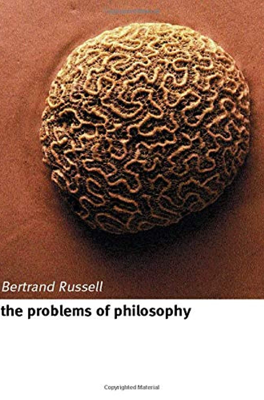On Induction
Inductive Reasoning in Philosophy
Bertrand Russell explores the concept of induction, a fundamental aspect of logic and reasoning where past experiences inform expectations about future or unexperienced events. He begins by questioning how and why we assume future occurrences will follow known patterns, such as believing the sun will rise because it has consistently done so before.
Expectations and Uniformity
Russell points out that our daily expectations, like the sun rising or food not poisoning us, are based on repeated experiences, but acknowledges that this reliance on past patterns doesn't necessarily justify these beliefs. He introduces the principle of induction: if two things (A and B) are repeatedly observed together and never apart, one increasingly expects that a future instance of A will also involve B.
Challenges to Inductive Reasoning
Despite its foundational role in both everyday reasoning and scientific theory, the principle of induction faces challenges. Importantly, Russell highlights that no amount of past instances can definitively prove a general law about the future because future instances may not always follow past patterns. For instance, one unexpected event can disprove a seemingly stable rule.
Scientific Laws and Exceptions
Russell examines how scientific laws strive to provide uniform explanations without exceptions and how these laws often replace simpler rules that have exceptions. He uses the laws of motion and gravitation as examples where deeper scientific understanding has replaced observable phenomena with underlying principles that hold more broadly and are less susceptible to exceptions.
Reliability of Inductive Principle
The reliability of induction itself is paradoxically grounded in induction; we trust it because it has worked in the past. Russell articulates a sobering view: if the principle of induction is invalid, much of what we anticipate based on past experience might be unjustified from a philosophical standpoint. This could fundamentally challenge our approaches to science, daily life, and understanding of reality.
Philosophical Implications
Russell emphasizes that our most fundamental beliefs about the causal structure of reality and the regularity of natural laws depend heavily on the inductive principle. These beliefs allow us to operate in the world and make predictions, yet they rest on an assumption that inherently cannot be verified by experience because it is used to justify the extension of past experience to future expectations.
In conclusion, Russell's exploration of induction sheds light on the limitations and critical reliance on this principle within both mundane and scientific reasoning, prompting deeper investigation into the justification of our knowledge about the unexperienced world. The questions raised point towards the subsequent philosophical discussion on the validity and scope of knowledge derived from induction.
